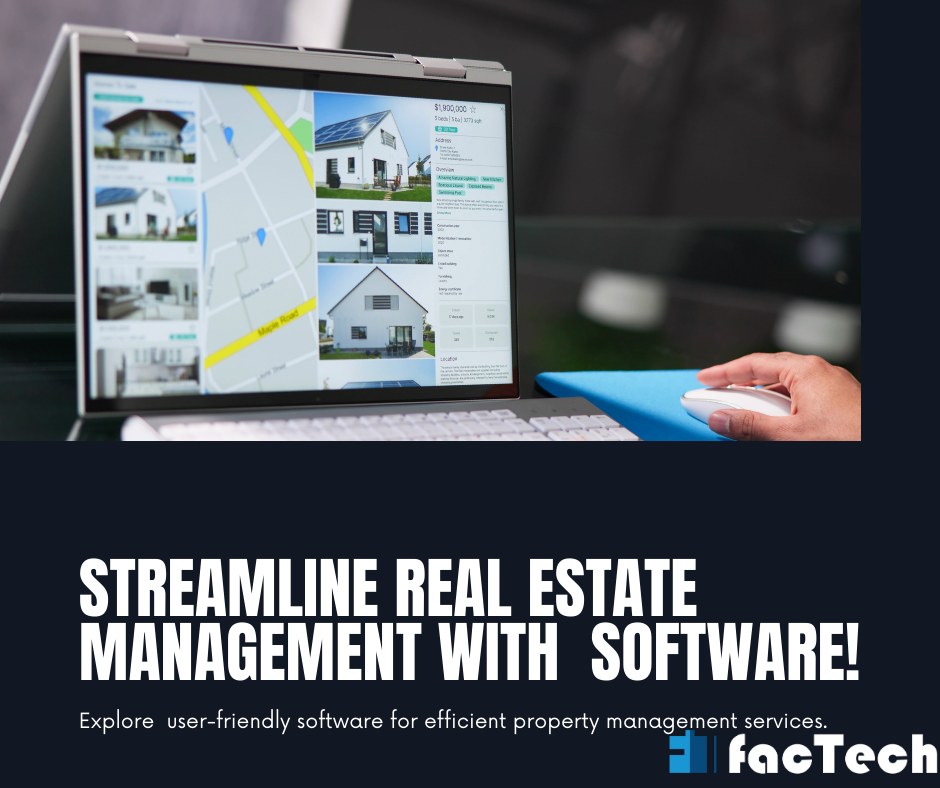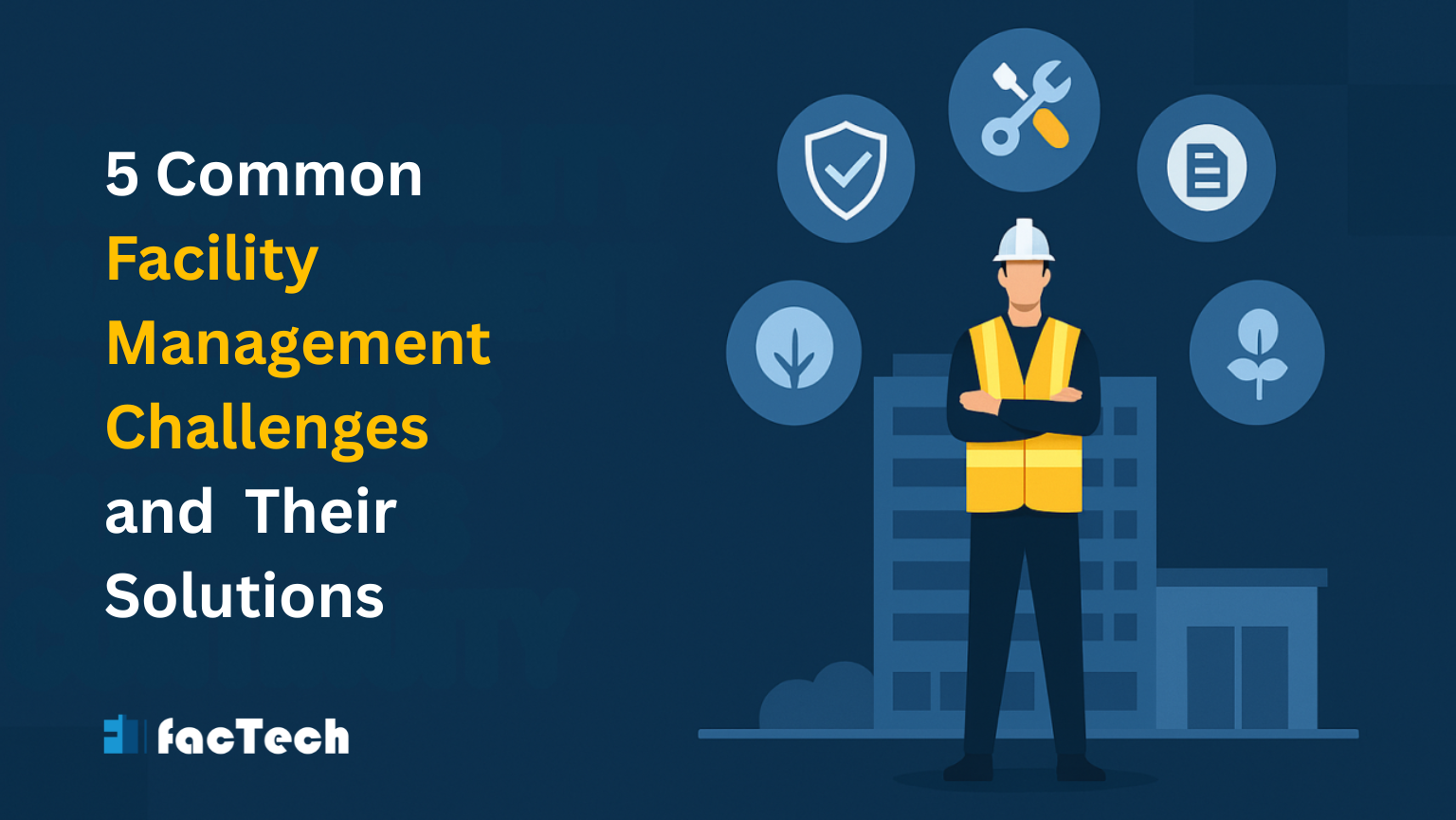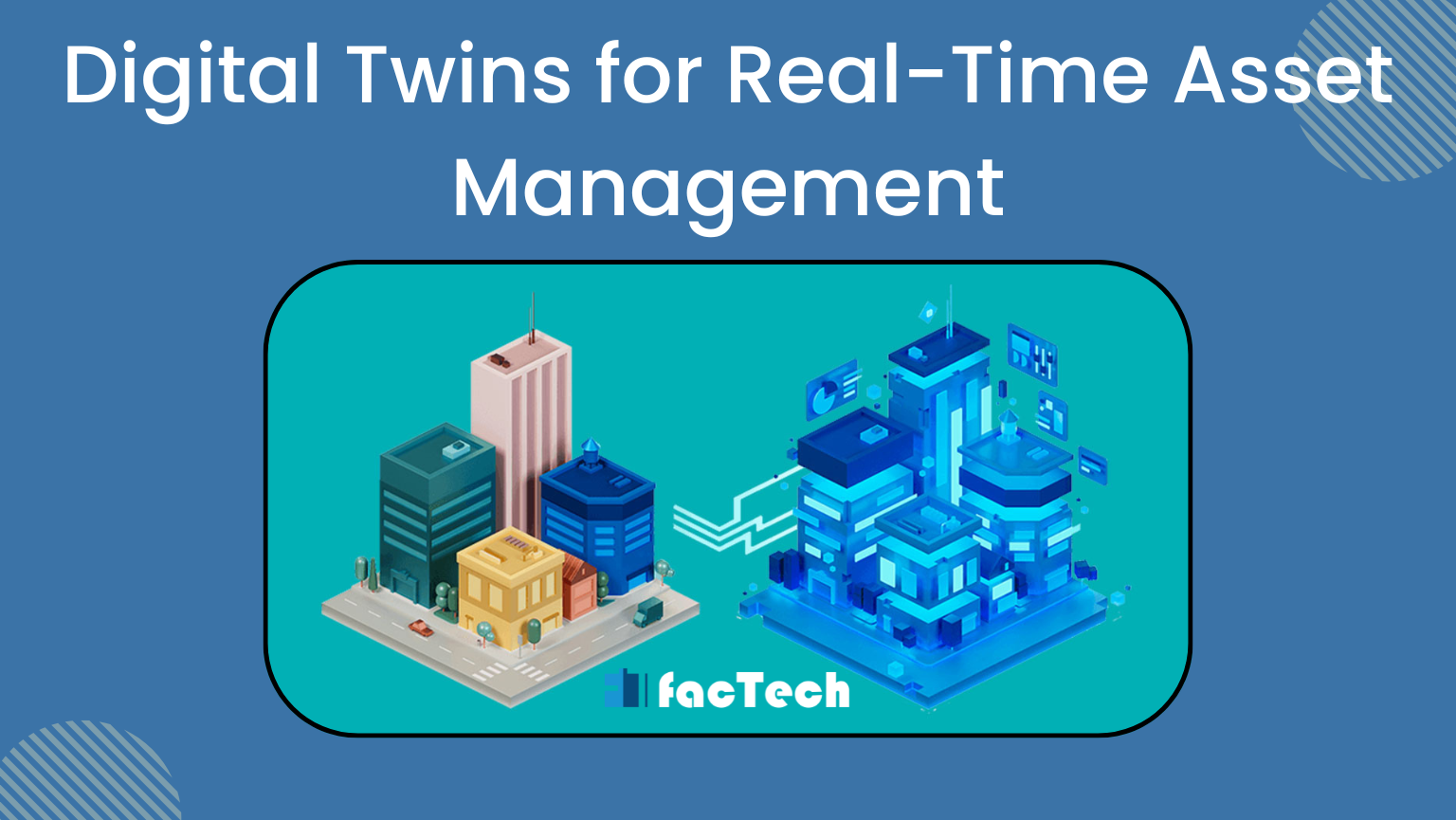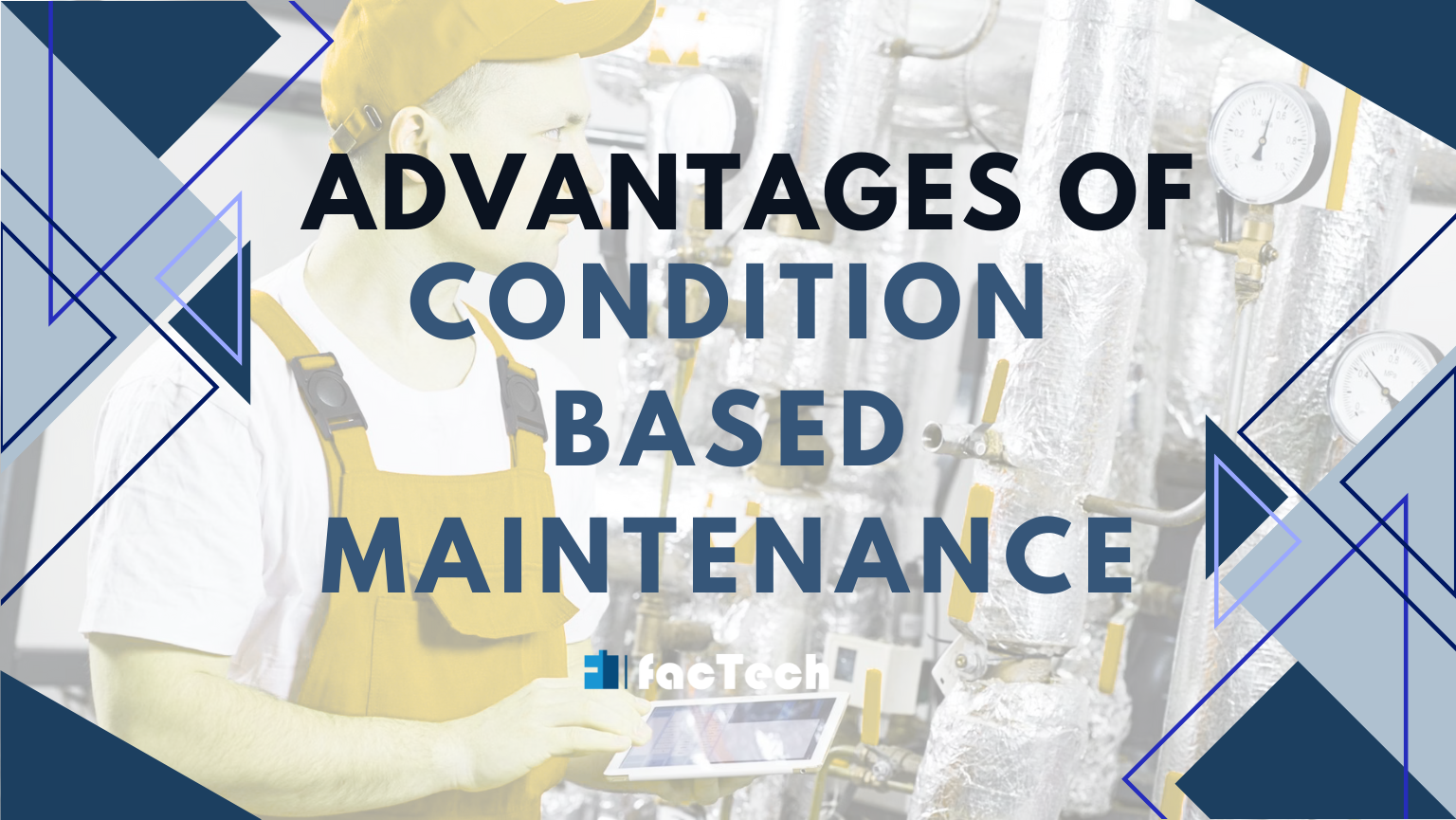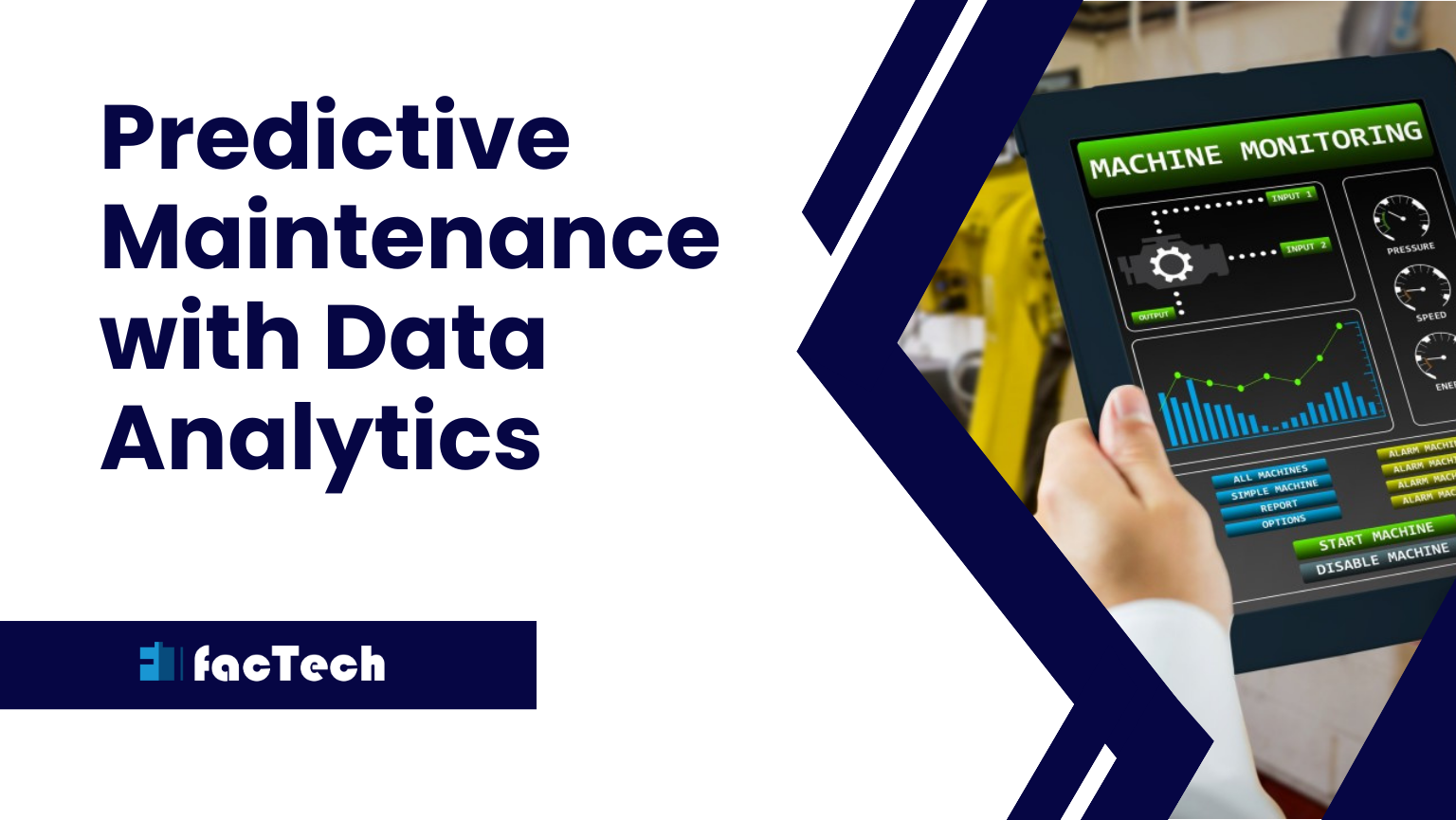How software helps in Real Estate Management Services
How software helps in Real Estate Management Services
Real estate management is a tough and fast-paced field. Even the most organized property manager can feel stressed when they have to deal with tenants, funds, repairs, and properties. You don’t have to worry, though, because real estate management software is there to help.
These digital heroes provide a complete set of tools that make things easier, work more efficiently, and give property managers the power to do great work. Let’s look at how software helps real estate management companies:
1. Financial Management with Style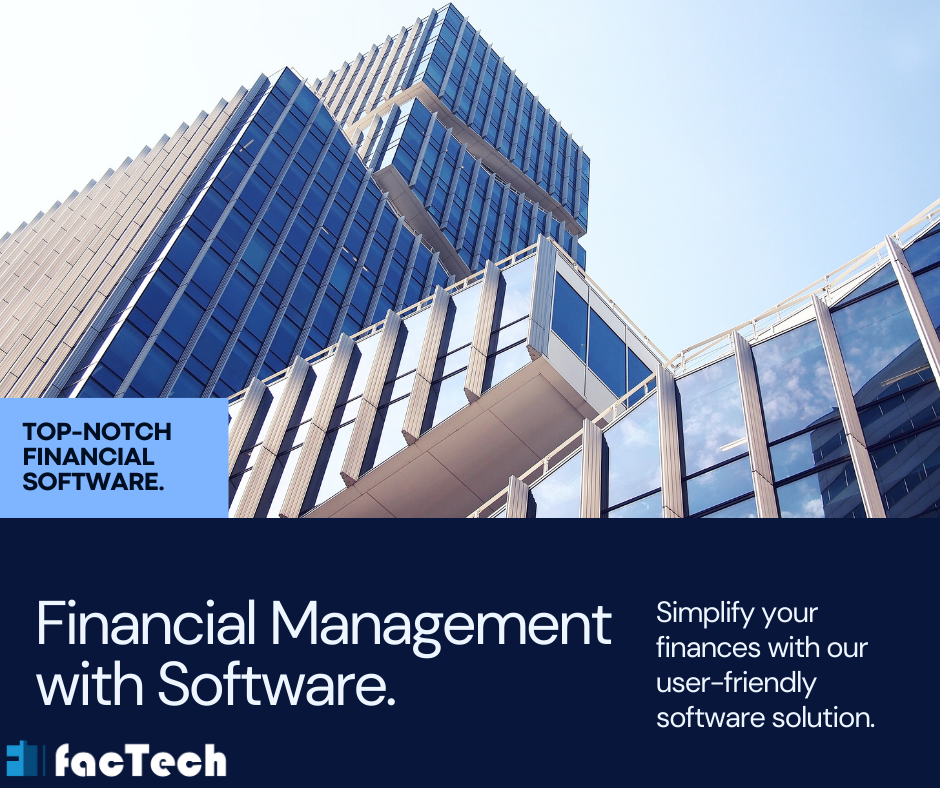
Imagine that rent is collected, expenses are tracked, and financial reports are made automatically. This dream comes true with property control software. Real estate management services are in charge of a lot of different assets, tenants, and money. The key to success in this fast-paced world is good cash management. Like keeping a building in good shape, good financial habits keep real estate services running smoothly and making money.
Building a Strong Base: Making a Budget and Keeping Records
Keeping accurate records is the first step in managing money. Every cost, from fixes to property taxes, needs to be written down and put into a category. Because of this, property managers can make realistic budgets that take into account things like operating costs, possible vacancies, and upkeep needs. Real estate services can avoid unexpected shortfalls and make smart decisions about how to use their resources if they have a clear financial plan.
How to get started Billing
Improving cash flow: the lifeblood of business
Any real estate service needs cash flow to stay in business. Financial management helps bring in as much money as possible by collecting rent efficiently and cutting down on costs that aren’t necessary. This could mean negotiating better prices with vendors, streamlining the maintenance process, or finding ways to save energy that lower electricity bills. Property managers can make sure they have the money they need for repairs, upgrades, and situations by keeping a close eye on cash flow.
Making Money Moves: Growth and Smart Investments
Managing money is more than just keeping the lights on. It gives real estate services the power to make smart decisions. This could mean looking at market trends to find good chances to buy something or making a budget for home improvements that raise the value of the property. Financial information also helps real estate services get the money they need to fund their plans to grow, which helps them make more money.
A Look at the Bigger Picture: Risk Management and Financial Analysis
Through financial research, financial management can learn a lot. By looking closely at past success and current trends, property managers can find ways to make things better and guess how well the business will do financially in the future. It also helps lower danger that this analysis is done. Real estate services can make plans for what to do in case of financial problems by learning about things like rising vacancies or economic downturns.
Technology as a Partner: Simplifying Financial Tasks
Software for managing finances can make a huge difference in real estate services. These tools do things like collecting rent automatically, make reports, and give real-time information on how the business is doing financially. This saves time and cuts down on mistakes, and it also gives property managers the power to make choices based on data, which is the best way to be efficient and make money.
Finally, managing money isn’t just about adding up numbers; it’s about taking charge. When real estate management services use good money habits, they can keep their business stable and help it grow. They can make it through the market’s complexities, make smart decisions, and eventually achieve long-term success if they keep a close eye on the financial scene.
2. Getting things done faster by automating them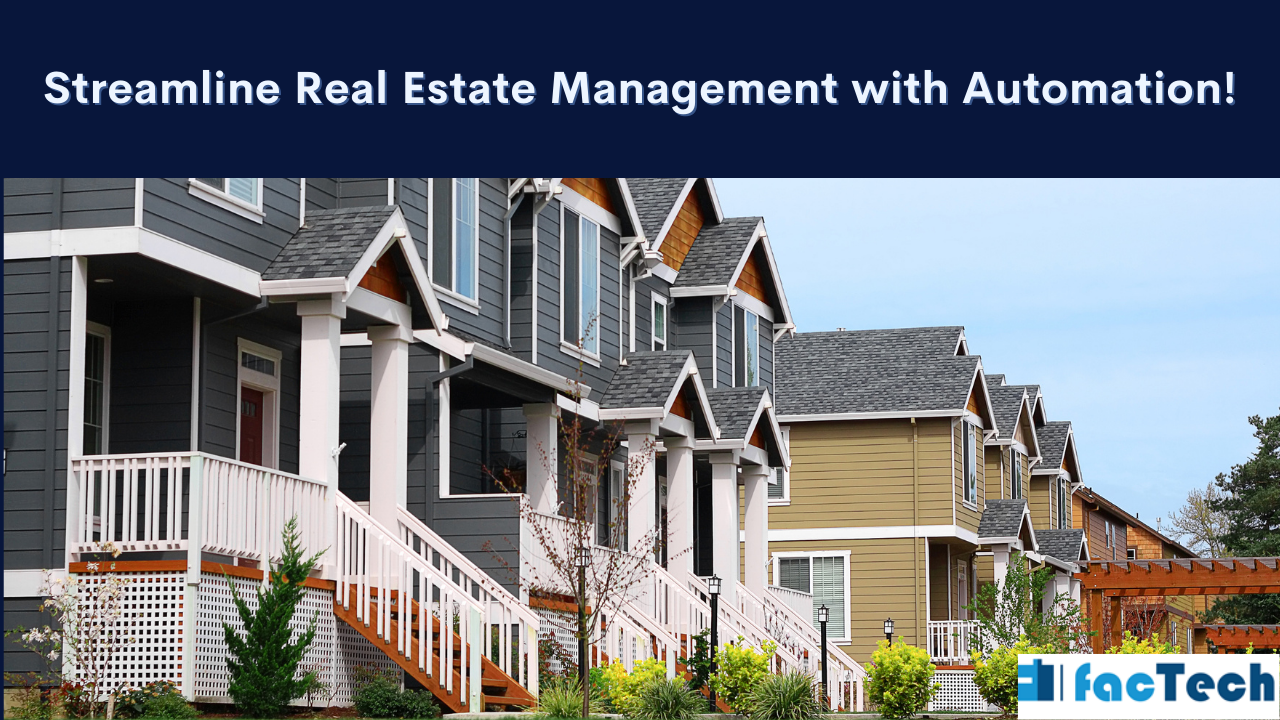
It can waste time to do the same things over and over again. Software steps in to take care of these tasks automatically. It can do things like make lease agreements, send requests for repairs, and set up meetings. This gives property managers more time to work on bigger projects and give renters and owners the best service possible.
3. A Powerhouse of Communication
A smooth experience for tenants depends on how well they can talk to each other. Software for property management makes contact easier by giving tenants and property managers a central place to meet. Online portals and other features let tenants ask for repairs, pay rent, and view important documents. At the same time, property managers can make announcements and quickly address problems.
4. Marvels of Maintenance
It’s important to keep homes in great shape. Software makes maintenance easier to handle by letting renters send in work orders with pictures and notes. The software can then keep track of each request’s progress, making sure that repairs are done on time and lowering the number of maintenance backlogs.
5. Making decisions based on data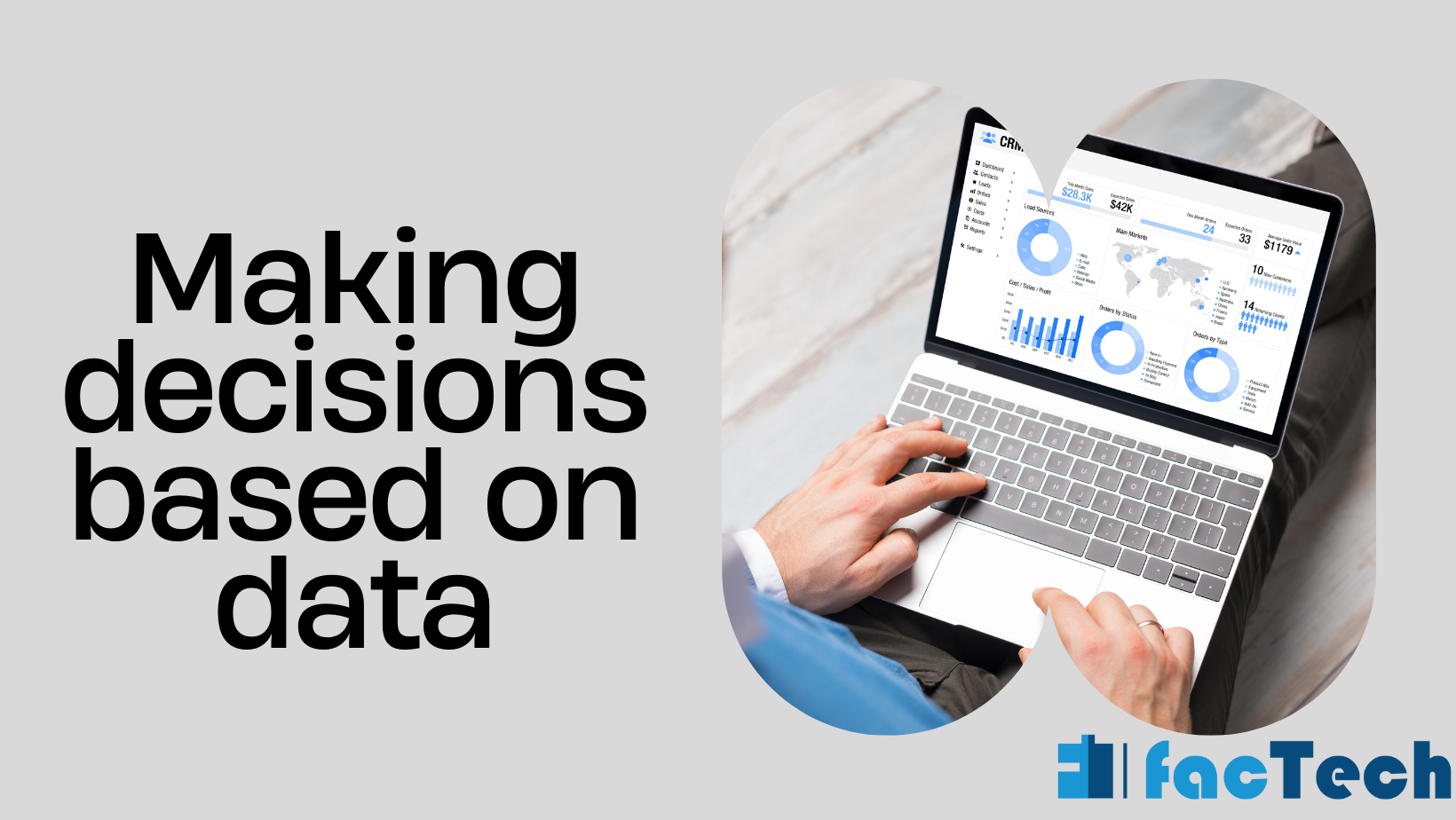
Imagine having quick access to all the information about your properties. The real estate business, which has always relied on gut feelings and experience, is going through a big change. Real estate management services are quickly changing to become more objective and smart as decisions are made based on data. Property managers can improve processes, make more money, and make the tenant experience better by using the power of data.
How to populate Asset Performance Charts in real time
Data-Driven Insights to Help You Make Decisions
There are a lot of choices that need to be made in real estate management, from setting rent prices and maintenance schedules to choosing tenants and marketing strategies. Property managers can stop guessing what will happen by using data analysis. By looking at old information about rental trends, occupancy rates, and care costs, they can:
Set Competitive Rental Rates: Managers can find the best mix between making the most money and getting good tenants by looking at similar properties in the area.
Optimize Maintenance Schedules: Predictive maintenance, which is possible by looking at past repair records and data from equipment sensors, can keep assets from breaking down and make them last longer.
past repair records and data from equipment sensors, can keep assets from breaking down and make them last longer.
Find Your Ideal renters: Looking at rental applications and demographic information about potential renters can help you find responsible ones who will likely stay for longer.
Target Marketing Efforts: Information about demographics and how people search for things online lets you make marketing campaigns that reach the most potential leads.
Read more:
More Than Numbers: The Human Touch
Data is useful, but it shouldn’t take the place of people in real estate management. While property managers who know the local market well and can build ties with tenants are already very good at what they do, data analysis will help them even more.
Data can help managers make choices, but they also need to use their own judgment to take into account things that data might not show, like the specific needs of a tenant or the unique character of the neighborhood.
The Future of Real Estate Management Based on Data
As technology keeps getting better, real estate managers will be able to access more and more info. You can look forward to progress in areas such as
Smart Building Technology: Sensor data from smart buildings will give real-time information about how much energy is being used, how many people are in the building, and any repair problems that might come up.
Analysis of Big Data: Property managers can learn more about market trends and find chances they hadn’t seen before by analyzing huge datasets.
Real estate management services can move toward a future of greater efficiency, profitability, and a better experience for both renters and property owners by making decisions based on data.
6. The Benefits of the Cloud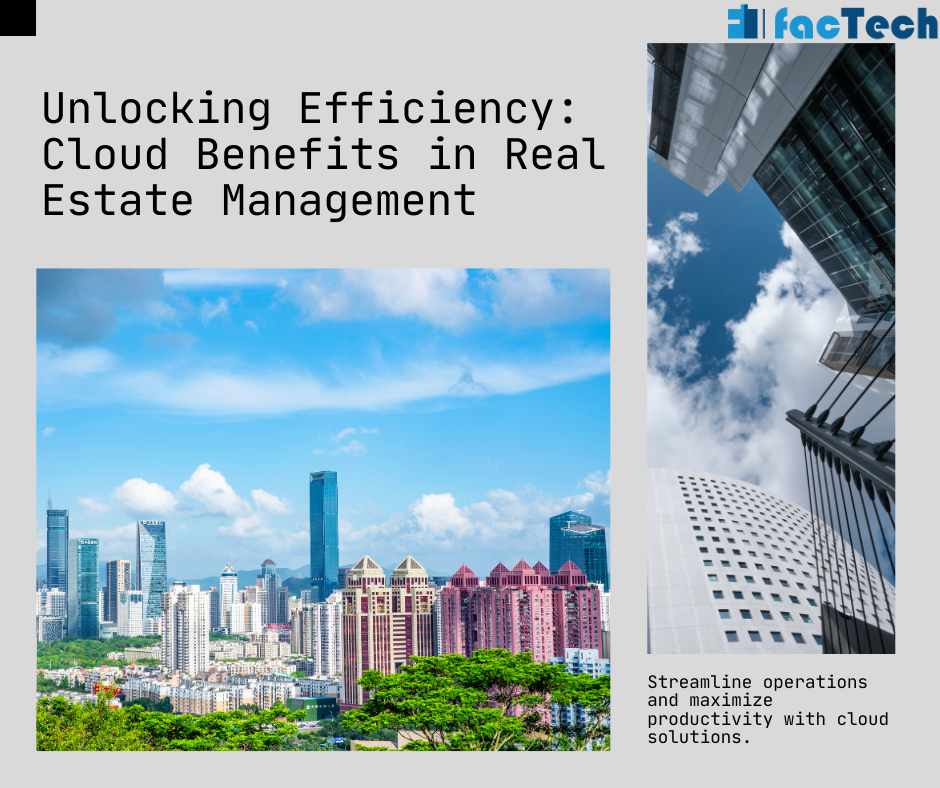
A lot of property management software is in the cloud, which means that managers can get to their data from anywhere, at any time. This makes sure they can still do their jobs when they’re not in the office.
The cloud makes real estate management services stronger in these ways:
Mobility and Accessibility:
Authorized users of cloud-based property management software can get to important data and programs at any time and from any internet-connected device, anywhere. This gives property managers the freedom to work from home, quickly answer questions from tenants, and keep an eye on repair requests while they’re on the go.
Better Collaboration:
Cloud platforms make it easy for property owners, tenants, and maintenance teams to work together. Sharing information in real time makes things clear and makes sure everyone is on the same page. It’s easy to share and sign documents online, like lease agreements and maintenance reports. This gets rid of the need for hard copies and speeds up work processes.
Better management of data:
Cloud storage makes it possible to store all property-related data in one safe place, such as financial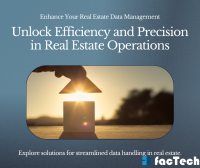 records, repair logs, and information about tenants. This gets rid of the chance of losing data because of broken hardware or natural events. Cloud-based software also usually comes with powerful reporting tools that help property managers understand how their properties are doing, spot trends, and make choices based on facts.
records, repair logs, and information about tenants. This gets rid of the chance of losing data because of broken hardware or natural events. Cloud-based software also usually comes with powerful reporting tools that help property managers understand how their properties are doing, spot trends, and make choices based on facts.
Cost-effectiveness:
With cloud computing, you don’t have to pay for expensive IT equipment on-site or for the upkeep that comes with physical servers. Property management firms can change how much cloud storage and software they use based on their needs. This makes it a cost-effective choice for companies of all kinds.
Better security:
To keep sensitive data safe, cloud service companies spend a lot of money on new security measures. Disaster recovery plans and regular data backups make sure that business can keep going even if something unexpected happens. It is also possible to limit who can see sensitive data by setting up user access controls in the cloud app.
Streamlined Marketing and Communication with renters:
Cloud-based solutions can connect property managers to marketing tools. In this way, they can better advertise open spaces and reach out to potential renters. Cloud platforms can also make it easier to talk to tenants by giving them access to online portals where they can report problems, pay rent, and see important property papers.
Conclusion
Real estate management services can change how they do business by using software to its full potential. Software gives property managers the tools they need to do well in a competitive market, from making their finances easier to handle to making decisions based on data. If you’re in the business of handling properties, you might want to think about getting software to be your loyal partner. You’ll be glad you did it.
